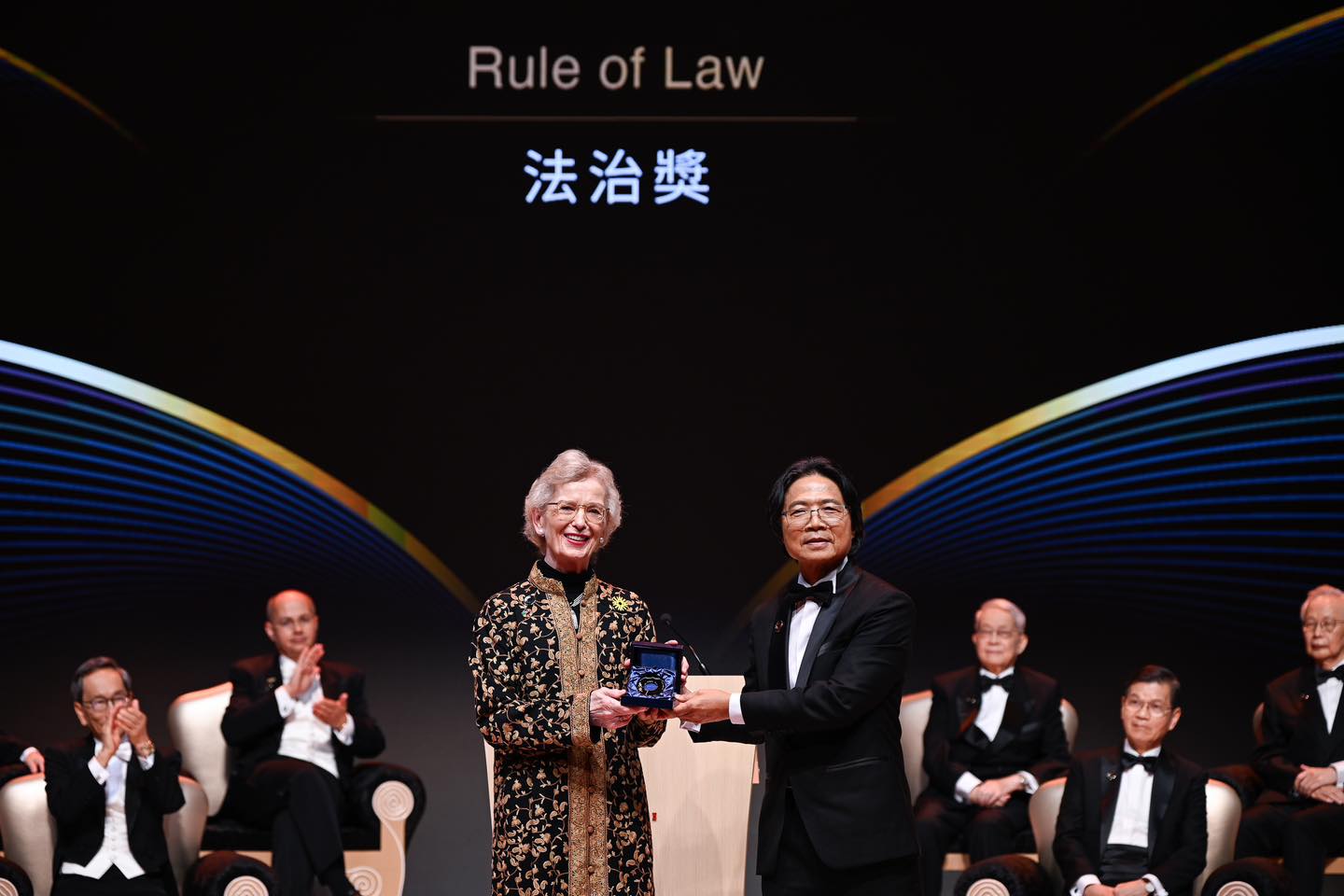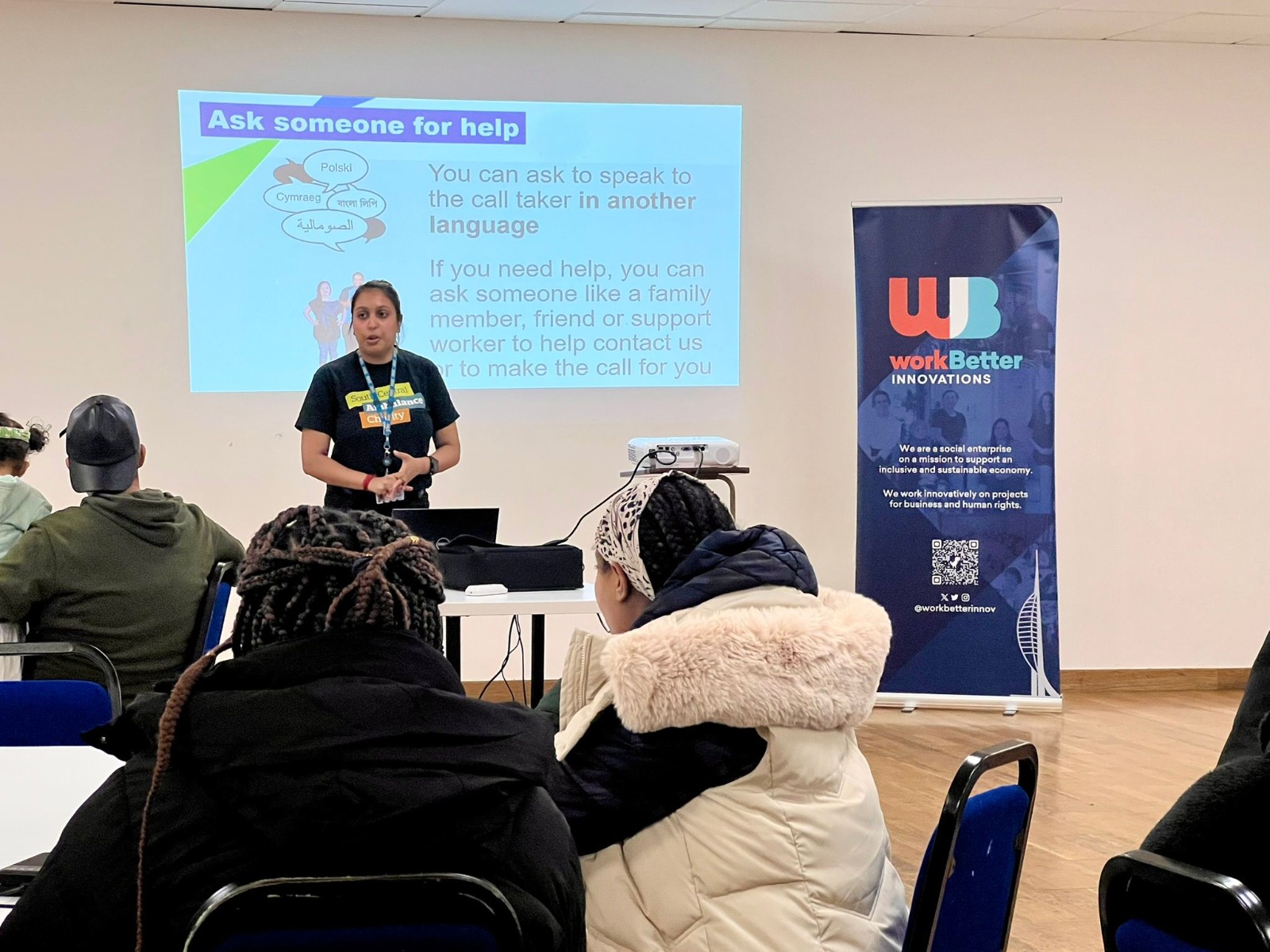Guidebook on Forced Labour Indicators for Taiwan's SMEs
In 2022, Work Better Innovations was tasked by a Fortune 50 brand to deliver a pilot project that is uniquely tailored to the SME landscape in Taiwan.
The project was aimed at promoting international labour standards in Taiwan, particularly on the topic of forced labour in the supply chain.
A central part of the project is the bilingual policy guidance on International Labour Organization’s 11 forced labour indicators. The guidebook is specific to the local context of Taiwan and is accessible for the 99% of all business enterprises in Taiwan – the SMEs that dominate the Taiwanese economy.
The Guidebook is filled with accessible explanations of international standards, localised Taiwan analysis for each indicator of forced labour and a practical section on what SMEs should watch out for.
Beautifully illustrated by the talented Taiwanese cartoonist, Stellina Chen, the guidebook was used as the basis for a series of trainings on forced labour education in Taiwan, supported by international brands in December 2022. To see the impacts generated by this training project, read our Project Impact Summary below!
「了解國際強迫勞動指標: 台灣中小企業實務指南」
Chinese 中文 Guidebook
「了解國際強迫勞動指標: 台灣中小企業實務指南」
2022年,一間《財星》全球 50 大企業委託 Work Better Innovations 執行一項專為臺灣中小企業量身打造的前導計畫,目標是提升臺灣的國際勞動標準,特別聚焦供應鏈中的強迫勞動風險。
該計畫的核心是為國際勞工組織11項強迫勞動指標提供雙語政策指引。本指導手冊專門針對臺灣的當地情況所撰寫,99%的臺灣企業都可以取得使用,而這些企業正是主導臺灣經濟的中小企業。
因應國際勞動標準需從教育著手,以淺顯易懂的方式解釋風險。唯有如此,我們才能打造並推廣有利的環境,讓每個人都在消除強迫勞動上貢獻一己之力。
我們很榮幸承接這項重要的教育工作,希望這本指導手冊能受到廣泛閱讀,並用以識別與預防臺灣國內外的強迫勞動風險。我們感謝本計畫的資助與合作夥伴持續關注臺灣和尊重人權的企業責任,這是《聯合國工商企業與人權指導原則》的第二項支柱。
English 英文 Guidebook
Project Impact Summary
To address international labour standards, efforts need to be directed at education, by explaining risks in an easy-to-understand manner. This is the only way that we can create and promote an enabling environment where everyone has a role to play to eliminating forced labour.
We are honoured to have undertaken this important educational work and hope that the guidebooks will be widely read and used to identify and prevent forced labour risks, both locally in Taiwan and beyond. We thank the support of our funder and collaborators for their sustained attention on Taiwan and on the corporate responsibility to respect human rights, Pillar 2 of the United Nations Guiding Principles on Business and Human Rights (UNGPs).




